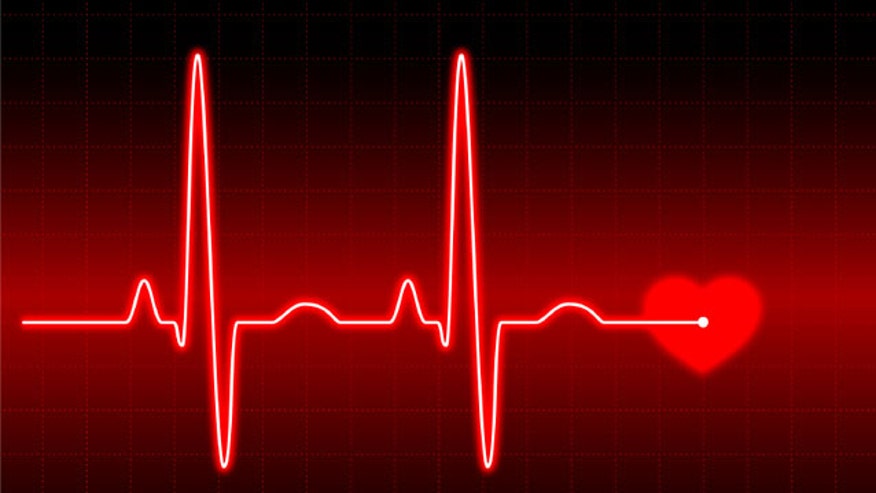 New guidelines for prescribing cholesterol-lowering medications are efficient and cost-effective, according to two new studies.
New guidelines for prescribing cholesterol-lowering medications are efficient and cost-effective, according to two new studies.
Popular painkillers like ibuprofen and naproxen have carried warnings for years about potential risks of heart attacks and strokes. This week, the FDA decided to strengthen those warnings on the medications, known as nonsteroidal anti-inflammatory drugs, or NSAIDs.
Study suggests non-genetic factors may be what increases risk
People who have migraines have a greater risk for heart disease, but their genes may not be to blame for the connection, new research suggests.
Read More
 RIYADH: Heart diseases are blamed for 24 percent of all deaths in the Kingdom whereas 55 percent of the Saudi population is prone to face high cholesterol blood levels, Saudi medical experts said, quoting data released by the World Health Organization (WHO).
RIYADH: Heart diseases are blamed for 24 percent of all deaths in the Kingdom whereas 55 percent of the Saudi population is prone to face high cholesterol blood levels, Saudi medical experts said, quoting data released by the World Health Organization (WHO).
But researchers note that only 1 percent of people has the virus strain hidden in their DNA
There seems to be a higher risk of angina -- chest pain related to clogged blood vessels -- in the small number of people who have a type of herpes virus lurking in their genes, a new study suggests.
Read More
There is mounting evidence to suggest that mental health affects not only our minds and moods, but also our overall health and well-being. One area in particular that we have seen psychiatric conditions wreak havoc the cardiovascular system.
 The artificial heart fitted in a patient who died on Saturday malfunctioned due to a fault with the controls of its motor, but an initial analysis indicates there are no fundamental problems with the device, its manufacturer Carmat said in a statement.
The artificial heart fitted in a patient who died on Saturday malfunctioned due to a fault with the controls of its motor, but an initial analysis indicates there are no fundamental problems with the device, its manufacturer Carmat said in a statement.
Research suggests left ventricular assist devices aren't a magic bullet
Read MoreAdding the 'investigational biologic' evolocumab to statin therapy works better, study says
Read More
Short people face a greater risk of developing a coronary heart disease. This is the outcome of a British study published in the "New England Journal of Medicine".
Scientists from the University of Leicester analysed data from 200,000 people with and without coronary heart diseases. They found that that every 6.5 cm, respectively 2.5 inches change in height, affects the likelihood of a coronary heart disease by 13.5 per cent. Thus, a 152 centimetre tall person had a 32 per cent higher risk of disease than someone who was almost 168 centimetres tall.
Read More